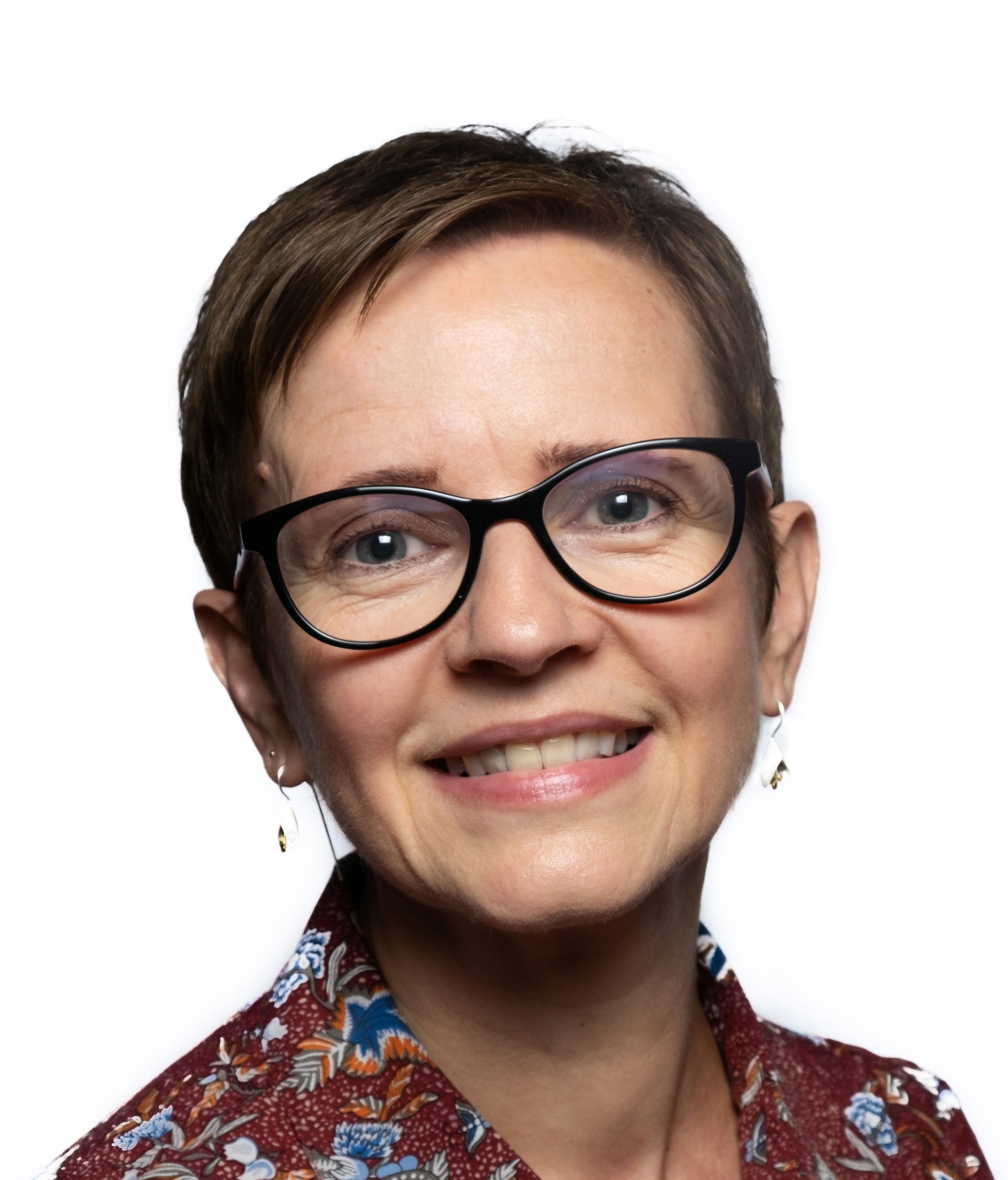What person-centred counselling did for me
- Rebecca Ashdown

- Aug 12, 2021
- 3 min read
I had two starts to my therapy journey. Firstly, as a client with a one-off counselling session via my GP nearly 20 years ago, and then again five years ago, when I started attending regular therapy sessions, as part of my training to become a person-centred counsellor. That first session, all those years ago, stuck in my mind, and ultimately contributed to my path towards being a counsellor. After I had briefly explained the source of my worries - as anxiety over my partner’s mental health, the therapist asked me a question. “You think the wellbeing of your partner is your responsibility?” This question stayed with me long after the session. I felt like a light had been switched on, illuminating my thoughts, feelings, and behaviour. I did think my partner was my responsibility. That I alone could help them and must help them and save them. Why did I think that? Why did I think it was all down to me and no-one else, not their many friends or caring family?
Years later, regular person-centred therapy sessions gave me the time and space to explore myself. I began figuring out answers to that question posed by my first therapist all those years ago, and to all the other questions that followed. The therapy sessions, and the thinking I did in between sessions allowed me to understand a bit more about myself. About how and why I responded as I did, to others in need. I began to recognise patterns in my behaviour; those which had proved to be so supportive to others, but that eventually began to impact my own mental health. It felt like I had begun to take on all the worries of the world with no thought to what I needed, to keep myself afloat, until I began to sink. This journey of more fully getting to know and understand myself went all over the place, like a meandering river. It included questioning the influence my upbringing had on my choices in life – in partners, friends, and my career path. I wondered whether my life choices were really my own, or whether they resulted from a deep-rooted sense of obligation, responsibility, and servitude.
My current take on this is that my life choices were definitely impacted by the circumstances of my upbringing (my gender, parents, family position, siblings, social class, friends, school, religion). That said, I can appreciate what these circumstances have taught me and enabled me to do, and to achieve. I am now more able to look after my own needs, which in turn enables me to continue to support others in a meaningful way. I am able to not just stay afloat, but to thrive, while helping others.
This is just a snapshot of my journey and what person-centred counselling has done for me. I believe it is the safety, warmth, openness, freedom, and lack of judgement from my therapist that provided me with the right environment for me to explore what was important to me, namely the reasons behind my past and present thoughts, feeling and actions. With this new appreciation I was then better able to more consciously and deliberately select courses of action that better care for me and my needs. This resulted in a powerful feeling of resilience, strength, and flexibility with which I am usually able to meet the world and my interactions within it.
If you are thinking of starting counselling, as a client or trainee therapist, I wish you the very best with your experience. I am always curious and excited for where counselling can take people on their journey of self-discovery. Thank you so much for reading this blog.
Rebecca


Comments